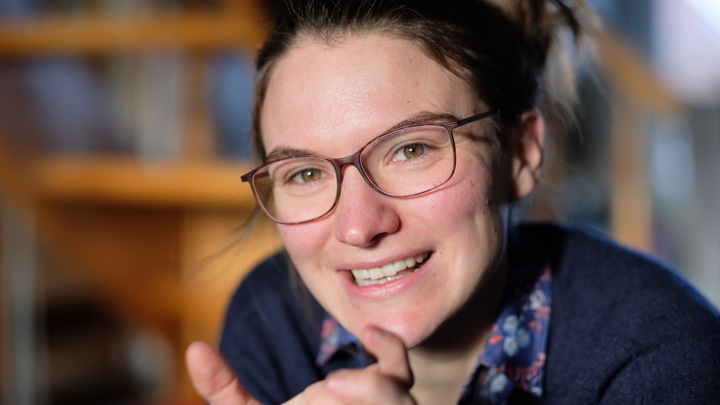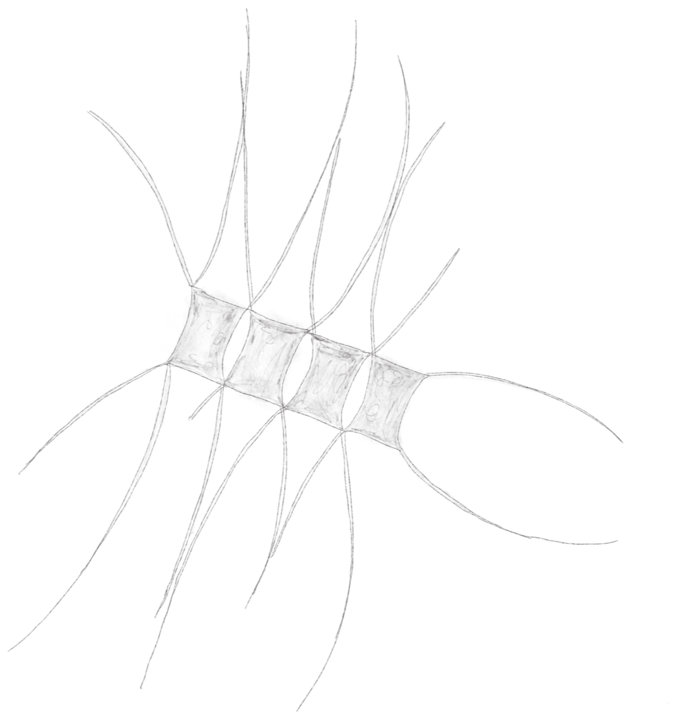Hi, I am Giannina
“My research is concerned with understanding how anthropogenic stressors effect single species, populations, communities and are modulated by eco-evolutionary interactions, to better predict future changes in marine ecosystems functioning.”

Phytoplankton are microscopically small photosynthesizing unicellular organisms. They produce half of the world’s oxygen and are the basis of marine food webs. Their habitat, the oceanic ecosystem, is rapidly moving into a new human-mediated geological epoch – the Anthropocene. A likely consequence is a major shift in phytoplankton communities across the global ocean, subsequently affecting the entire marine food web. These shifts are driven by ecological and evolutionary processes that can interact and jointly affect communities. Opposing the original believe that evolutionary processes are slow and happen only on long timespans, it was shown lately that genetic diversity can shift within a few generations leading to rapid adaptation of populations to new environmental conditions, and shifted interactions with ecology. Rapid evolution is especially relevant in phytoplankton with following properties: short generation times (many species divide once a day and thus turn from being a child to being grandparents in three days), big population size and high standing genetic diversity. Consequently it is essential to understand how relatively important evolution is and how it can interact with ecological processes, to allow more reliable and precise predictions of future phytoplankton community changes
I use a mix of controlled laboratory experiments and field sampling to gain a mechanistic view of eco-evolutionary interactions and their relevance in natural communities.
